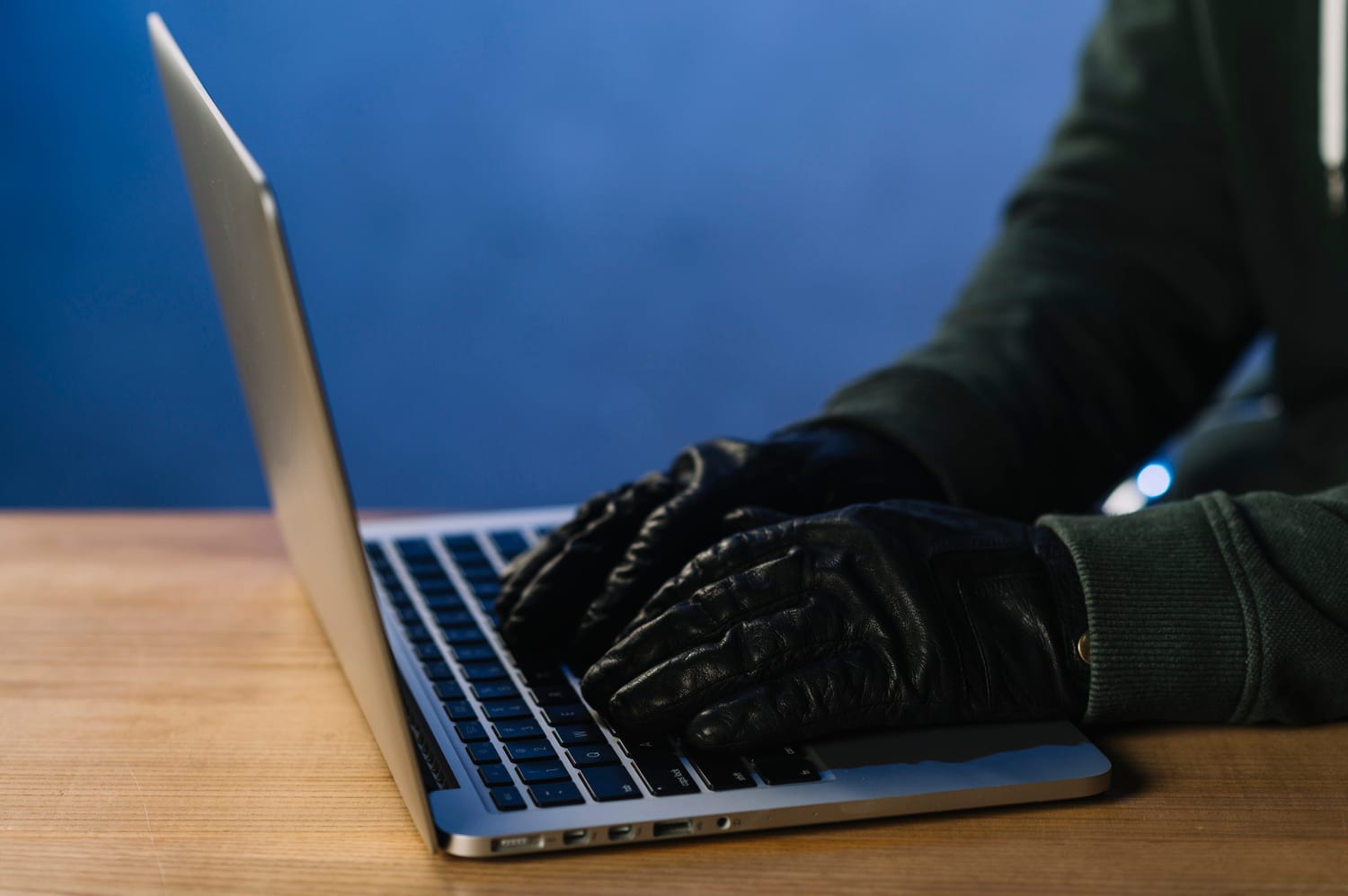In the digital age, our computers contain more than files and data—our memories, work, and personal details are stored in them. From smartphones and computers to cloud storage, the vulnerability to cyber attacks and data loss has never been greater. One malware attack or unintentional deletion can lead to permanent loss of precious information. The good news is that by using the right techniques, you can protect your devices and reduce the risk of data loss.
Understanding the Threat Landscape
Cyber threats evolve continuously, growing more complex and difficult to identify. Malware, ransomware, phishing attacks, and unauthorized access are just a few of the most prevalent threats users encounter today. One click on a malicious link in an email or downloading an infected file can grant hackers control of your device, exposing sensitive information or even locking you out of your own system.
Data loss is not always the result of cyberattacks—it can also be caused by hardware failure, accidental erasure, or software corruption. This is why it is so critical to have a multi-layered device protection method. Knowing the various risks is the first step in safeguarding your devices.
Keep Your Software and Systems Updated
One of the easiest but most efficient means of securing your devices is by maintaining updated software and operating systems. Software updates frequently contain security patches that correct weaknesses that hackers can take advantage of. Not updating leaves your system vulnerable to attack.
Make automatic updates on all of your devices, such as your smartphone, laptop, and any smart devices that may be connected. Also, update antivirus and anti-malware programs from time to time in order to stay up-to-date with existing threats. The oldest software is among the simplest entry points for attackers, so it is an essential line of defense to remain up-to-date on updates.
Use Strong and Unique Passwords
Weak passwords are a significant risk. A short or duplicate password is simpler for attackers to use in order to enter your accounts and devices illegally. Utilize strong passwords that include uppercase and lowercase letters, numbers, and symbols. Don’t use the same password for different accounts.
Using a password manager can simplify this process by generating and storing secure passwords for all your accounts. Additionally, enable two-factor authentication (2FA) wherever possible. This adds an extra layer of security by requiring a second form of verification, such as a code sent to your phone or email.
Be Cautious with Public Wi-Fi
Public Wi-Fi is convenient but less secure, making it a paradise for cyber criminals. When you use an insecure Wi-Fi connection, hackers get the opportunity to intercept your information, including financial data and login credentials.
To protect yourself, use a virtual private network (VPN) when accessing public Wi-Fi. A VPN encrypts your internet connection, making it difficult for hackers to see what you’re doing online. Also, avoid accessing sensitive accounts like online banking or work emails when connected to public Wi-Fi.
Back Up Your Data Regularly
Despite the most effective security, data loss is still possible. That is why backups are so important. Schedule automatic backups to cloud storage and external hard drives so that you will always have a backup of your valuable files.
In the event of accidental loss or a cyberattack, having a backup enables you to recover your data instantly without losing important information. In the event of data loss, expert Data Recovery Services in Dubai can assist in recovering lost files and fixing damaged storage devices.
Install Reliable Security Software
Installing reputable antivirus and anti-malware software on your machines offers constant protection from attacks. Opt for software that supports features such as firewall protection, malware scanning, and phishing protection.
Security software should also alert you to abnormal behavior, like unauthorized login or changes to unexpected files. Set your settings to alert you about possible threats so you can take action promptly before any harm occurs.
Educate Yourself and Your Team
Human mistakes are among the primary reasons for cyber attacks and loss of data. Phishing usually employs social engineering techniques, which mislead users into entering confidential data.
Learn and teach others to identify phishing emails and suspicious links. If you are running a business, organize periodic training exercises to update your staff with the most recent threats and best practices for online security.
Seek Professional Assistance When Necessary
Even with your best intentions, there are situations where data loss or a security breach cannot be avoided. In these situations, professional help is the most advisable option.
Professional Data Recovery Services in Dubai are able to retrieve lost files from hard drives, SSDs, and even damaged storage devices. Trying to recover files on your own may often worsen the situation, so it’s always best to call upon professionals who have the proper equipment and know-how.
Final Thoughts
Securing your devices from cyber attacks and data loss should be a proactive effort. Strong passwords, regular updates, good backups, and intelligent browsing practices are the pillars of a secure online world. Knowing the risks and being in control can spare you the agony of lost data and compromised security.
When data loss does occur, having the peace of mind in knowing that expert recovery services are out there is a great consolation. Act today to protect your devices—because when it comes to the digital realm, prevention is always preferred to recovery.

